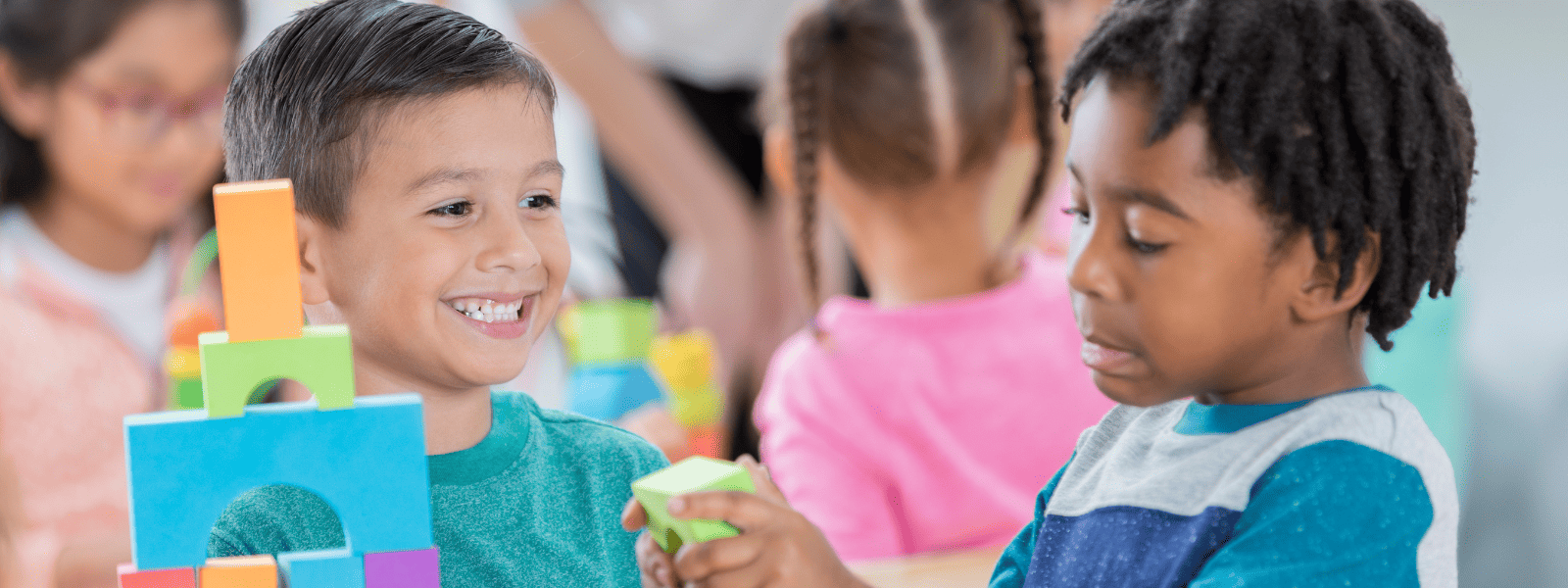7 Key Skills Needed for Kindergarten and Early Learning
Starting school can be an exciting and challenging time for young learners. While academic skills are important, there are other fundamental abilities that can greatly contribute to a child’s success in kindergarten and beyond. Here, we’ll explore seven key skills that are crucial for early learning and cognitive development:
#1: The Ability to Stay on Task
Staying focused is an essential skill for success in school and life. Children who can sustain their attention on a task, even when it’s challenging or uninteresting, are better equipped to learn and complete tasks efficiently. Parents can help develop this skill by providing structured activities and gradually increasing the length of time children are expected to concentrate.
#2: Following Multi-Step Directions
In kindergarten and early elementary years, students often need to follow multi-step directions. This requires strong listening skills, the ability to process information, and memory retention. Parents can support this skill by giving children tasks with multiple steps and providing clear, concise instructions to help them practice!
#3: Control Impulses
Kindergarten and early learning environments require children to control their impulses and behave appropriately in social settings. This skill is crucial for maintaining positive relationships with peers and adults. Parents can encourage impulse control by:
- teaching children to think before acting
- providing opportunities for them to practice patience
- building empathy and awareness of how their actions impact those around them
- and providing opportunities for exercise and movement throughout the day.
#4: Basic Problem-Solving
Being able to identify and solve problems is an important skill for navigating everyday challenges. Children who can think critically, come up with solutions, and adapt to changes are better prepared for the demands of kindergarten and beyond. Parents can foster problem-solving skills by encouraging children to think of solutions to real-life situations and praising their efforts rather than only the outcomes.
#5: Multitasking and Task Switching Abilities
Once kids start school, they will need to learn to juggle multiple tasks simultaneously or switch between different activities at the pace of their classroom. Developing the ability to multitask and switch tasks efficiently is important for managing workload and staying organized and on task with the rest of the class. Parents can help children build this skill by gradually introducing them to tasks with increasing complexity and variety, as well as working with them to develop strategies to switch between tasks even when they don’t feel ready.
#6: Remembering Key Details
Memory is crucial for learning new concepts and recalling information. Children who can remember key details such as letters, numbers, and facts in stories are better equipped to succeed in kindergarten and beyond. Parents can help kids practice this skill by asking questions about the books you read together or the shows your kids watch. Memory games and puzzles are great tools as well!
#7: Sound Awareness and Manipulation Skills
Phonological awareness is the ability to recognize and manipulate the sounds of language. This skill is essential for learning to read and write. Parents can support sound awareness by:
- playing phonics games
- doing rhyming activities
- reading aloud
- and encouraging children to practice sounding out words (rather than focusing on sight words or picture clues)
Is Your Child Ready for Kindergarten and the Early Years of Learning?
Maybe you’re looking at this list and feeling like your child is just not quite there yet or is struggling in a particular area. Don’t be discouraged. Many kids enter school with one or more areas of cognitive struggle. However, early intervention is critical to make sure these weaknesses don’t derail their confidence and progress in the classroom.







